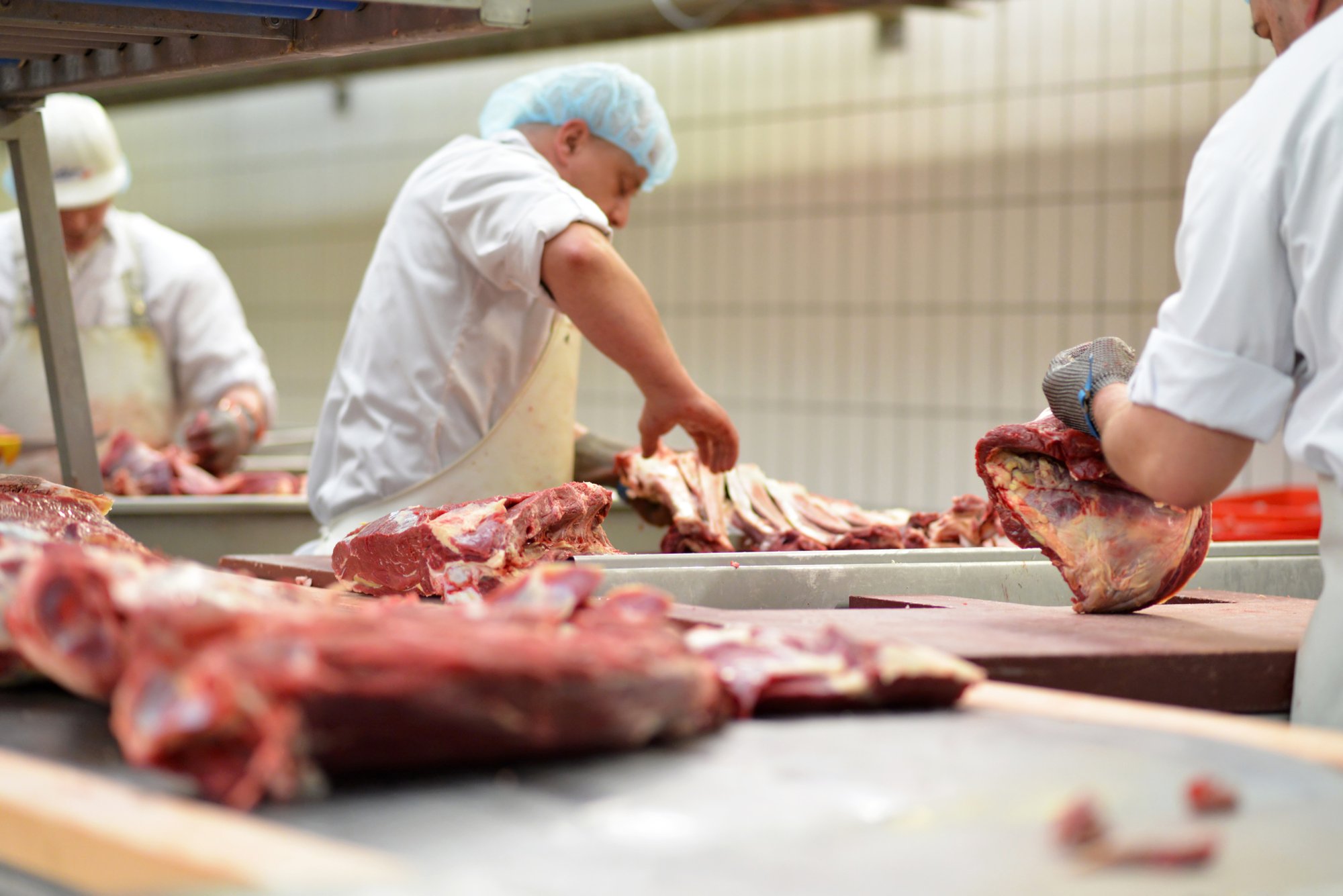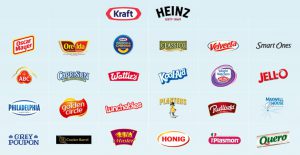Tyson Foods (NYSE:TSN) is the largest protein producer by sales. Over the past decade, it has outperformed the S&P 500 and a number of its competitors, but there have been wild swings that have led it to underperform both over shorter time periods.
And it seems the industry can’t go very long without being caught up in a scandal. Meat processors have been sued for price fixing numerous times over the past few years, and the coronavirus pandemic produced a meat shortage in the U.S. that some watchdogs contend only occurred because producers were boosting shipments to more profitable markets in China.
Slaughtering cattle, pigs, and chickens is not a pretty business, but let’s take a closer look anyway to see if Tyson Foods can still make investors a pretty penny.
IMAGE SOURCE: GETTY IMAGES.
Losing their appetite for meat
America’s appetite for meat is changing. According to the National Chicken Council, annual per capita consumption of red meat peaked at 149.6 pounds in 1971 and has largely declined ever since. Consumption is expected to fall to 108.3 pounds this year.
Poultry consumption, however, is still growing, rising from 48.5 pounds four decades ago to nearly 112 pounds this year.
And now with the addition of faux beef, pork, and chicken options from the likes of Beyond Meat (NASDAQ:BYND) and Impossible Foods, as well as major consumer food product companies like ConAgra (NYSE:CAG), Kellogg (NYSE:K), and Nestle (OTC:NSRGY) — and Tyson, too, for that matter — even more consumers may continue to drift away from real meat.
The decline in consumption of certain meats has led protein processors like Tyson, Hormel (NYSE:HRL), and Smithfield Foods to look overseas, particularly to China, to pick up the slack. Smithfield itself was acquired by China’s largest pork producer in 2013 because the country consumes one-half of the world’s pork production.
Which is why investing in protein processors is not so simple or easy, though Tyson Foods still offers potential.
Hog-tied by global events
Tyson was hit hard by the coronavirus outbreak, with production facilities closed down after thousands of employees in the industry were diagnosed with COVID-19. And though earnings missed expectations, there is reason for investors to hope the meat processor can still turn it around.
Profit margin, for example, can improve as processing costs decline. The shutdown caused a backlog of animals to be slaughtered, even though there were shortages at the store, because producers had to change standards about how close workers could be to one another. When a sense of normalcy returns, the excess slaughter will allow producers to realize greater efficiencies.
And despite continuing trade and pandemic tensions with China, the country is still looking to acquire as much pork as can be sent its way. International sales account for 30% of Tyson’s revenue, and they were up 26% from last year, when they amounted to a quarter of its sales.





